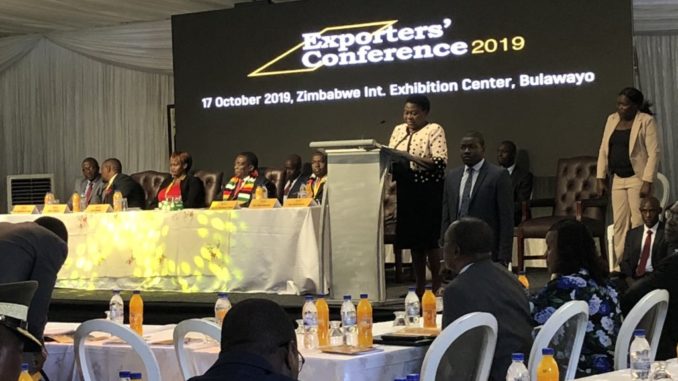
Here are some 10 factors officially acknowledged by Zimbabwe as affecting the country’s trade goals. This list of factors emerged at the just ended 2019 ZimTrade Exporters Conference (17-18 October) hosted in Bulawayo, Zimbabwe’s second largest city.
The presentation that identified these factors was delivered by Ambassador Stuart Comberbach from the Ministry of Foreign Affairs and International Trade.
- Incoherent trade policies and practices in the conduct of domestic, bilateral, regional and international trade;
- Competitiveness challenges on the international market due to high costs of production;
- Limited investments, and limited value addition and beneficiation due to lack of requisite technology;
- Unstable commodity prices on the international market for mineral commodities and agricultural produce such as tobacco and cotton;
- Balance of payment challenges, and sanctions that remain imposed on Zimbabwe affecting securing of trade finance facilities and processing of international payments.
- High logistical and transportation costs and regulatory bottlenecks on export business.
- Lack of Trade Finance
- Weak export service industry in Zimbabwe
- Failure to commercialise intellectual property rights generated by institutions of higher learning.
- Death of apprenticeship concept.
The 2019 Conference theme was “Rethink, Reform, Export” according to ZimTrade. ZimTrade itself was established in 1991 through joint efforts between the government (public sector) and the private sector.